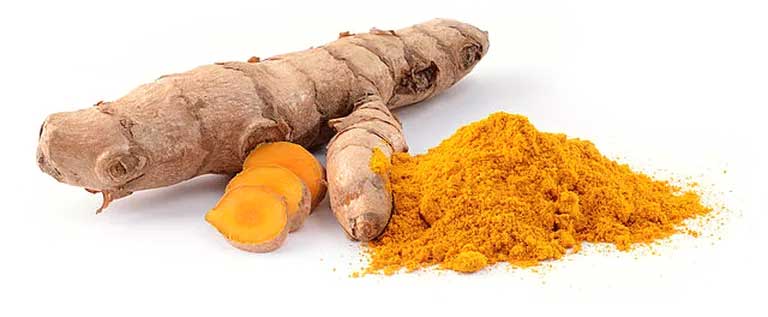
25 Sep 2015 Tumeric: The Golden Goddess
What is Turmeric?
Turmeric, also known as Kanchani or “Golden Goddess”, is a spice and comes from a plant in the ginger family. It is native to India where it has been used in medicine and food preparation for thousands of years. The underground stems (rhyzomes) of the Turmeric plant are harvested, dried and ground into a yellow-orange powder. The active constituent in Turmeric is ‘Curcumin’ which is the phytochemical that is known for its effectiveness in treating a variety of conditions. While Turmeric has been well studied for its benefits to humans it is now also increasingly known for its healthful properties in horses and other animals. Turmeric is probably best known for its anti-inflammatory and pain reducing effects.
Inflammation explained
Inflammation (acute or chronic) in the body causes pain. When inflammation becomes uncontrolled, it becomes chronic and in horses this can lead to diseases such as cancers, degenerative joint disease, digestive tract disorders (bloating, diarrhea, gas, constipation) asthma, inflammatory bowel disease and ulcerative colitis.
In the body, inflammation is promoted by enzymes, more specifically cyclooxygenase 1 and 2 (COX-1 and COX-2). However, while both COX-1 and COX-2 convert arachidonic acid to prostaglandin, resulting in pain and inflammation, in the gastrointestinal tract, COX-1 maintains the normal lining of the stomach. The enzyme is also involved in kidney and platelet function. Cyclooxygenase-2 (COX-2) is primarily present at sites of inflammation. Therefore the inhibition of COX-2 is desirable, while the inhibition of COX-1 is not.
Non-steroidal anti-inflammatory drugs (NSAIDs) such as phenylbutazone (Bute), flunixin meglumin (Banamine) or aspirin are most commonly used to relieve pain. These drugs inhibit the COX-1 enzyme as well as the COX-2 enzyme and can therefore cause damage to the stomach lining (even when not administered orally). Scientists have found that Curcumin is able to inhibit the COX-2 enzyme, while maintaining COX-1 enzymatic function and thus leaving the stomach lining intact. It offers a natural approach versus the drugs Equioxx or Previcox used in dogs and horses, which also only inhibit the COX-2 enzymatic function. But this is not its only beneficial property; it is also known for detoxifying the liver and it is a natural anti-oxidant (preventing molecules to combine with oxygen which can cause damage). Finally, ongoing studies at Tufts, MD Anderson Cancer Center and Emory are focusing on the potential for Curcumin to fight specific cancers and reduce tumors.
References:
Consider Curcumin for joint inflammation – Dr Juliet Getty
http://gettyequinenutrition.biz/Library/ConsiderCurcuminforJointInflammation.htm
Turmeric – University of Maryland Medical Center
http://umm.edu/health/medical/altmed/herb/turmeric
The case for Curcumin – Dr Eleanor Kellon
www.ivcjournal.com/the-case-for-curcumin/
Curcumin and Equine Osteoarthritis – Dr Thomas Schell, D.V.M., DABVP
https://www.nouvelleresearch.com/index.php/research-science/216-curcumin-paper